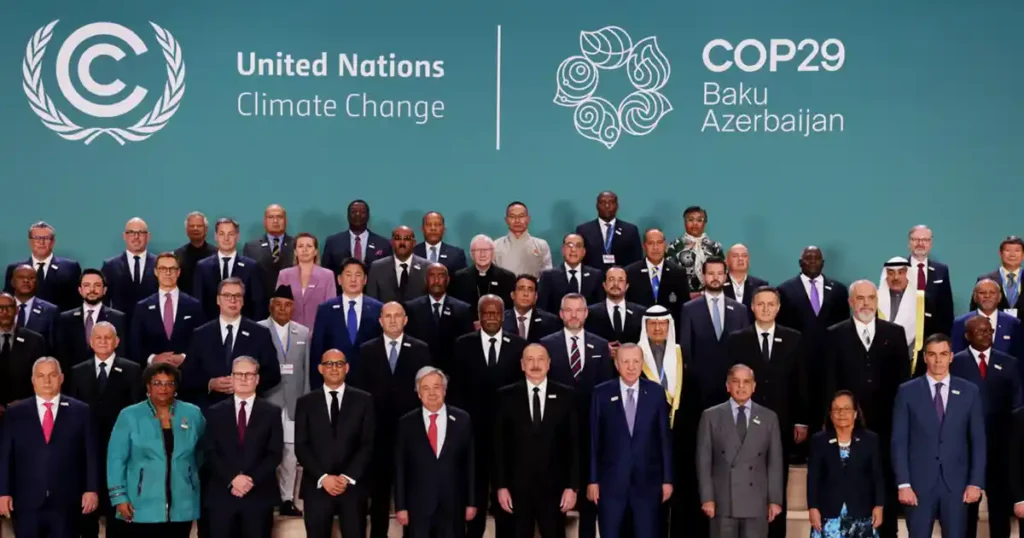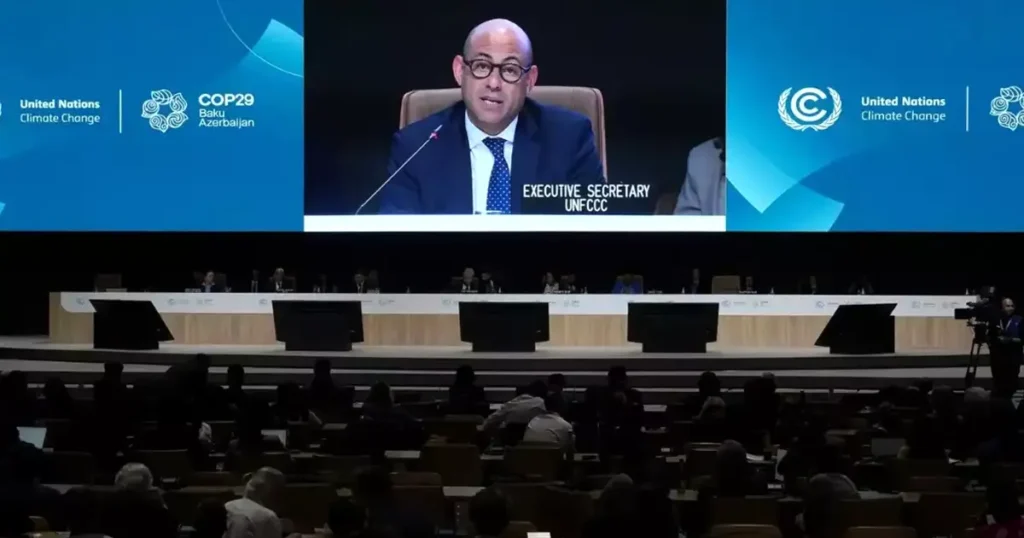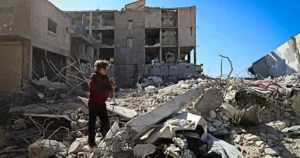Transforming Climate Action: COP29’s $300 Billion Pledge for a Sustainable Future.

The COP29 summit, held in Baku, Azerbaijan, has made headlines with its ambitious $300 billion annual climate financing agreement aimed at helping developing nations address the impacts of climate change. This deal, designed to run until 2035, builds on earlier commitments of $100 billion annually by wealthier nations, a goal that was only met in 2022. However, while the agreement marks progress, it has faced significant criticism for its reliance on private sector contributions and the lack of concrete implementation details.
Key Highlights of the $300 Billion Deal
- Financing Goals: The fund is part of a broader strategy to mobilize $1.3 trillion annually by 2035 from public and private sources, addressing the estimated costs needed to effectively mitigate global warming.
- Global Carbon Market: The agreement includes frameworks for a global carbon market, which could potentially unlock additional financing for projects like renewable energy and reforestation.
- Criticism and Gaps: Critics argue that the deal lacks the ambition required to tackle escalating climate crises. Developing countries and island states, most affected by climate-induced disasters, have called for more substantial and reliable financial support.
Challenges and Controversies
- Equity Issues: Developing nations argue that wealthier countries bear a greater historical responsibility for emissions and should contribute more robustly to climate finance. Conversely, developed countries, facing economic pressures, have resisted increasing contributions.
- Unmet Pledges: There is skepticism about whether wealthier nations will fulfill their commitments, especially as some earlier financial promises were delayed or not met.
- Fossil Fuel Phase-Out: The summit failed to reach an agreement on phasing out fossil fuels, a key demand from climate activists and developing nations. Saudi Arabia has been accused of obstructing these discussions.
Broader Implications
- Climate Impact Projections: Reports presented during the summit highlight a dire future if global warming exceeds the 1.5°C limit, with risks of severe flooding, food insecurity, and rising sea levels.
- Regional Dynamics: The upcoming COP30 summit in Brazil’s Amazon rainforest will further address long-term strategies, but geopolitical tensions and economic challenges could hinder progress.
- Private Sector Role: The heavy reliance on private financing raises questions about accountability and the accessibility of funds for vulnerable nations.
Moving Forward
The $300 billion agreement, while a step forward, underscores the challenges of balancing global priorities, equity, and effective action in the fight against climate change. The world will closely watch future summits to see whether this financing plan translates into tangible benefits for the countries and communities most affected by the climate crisis.
This comprehensive financing strategy reflects both the potential and limitations of global cooperation in addressing one of humanity’s most pressing challenges【79†source】【80†source】.






